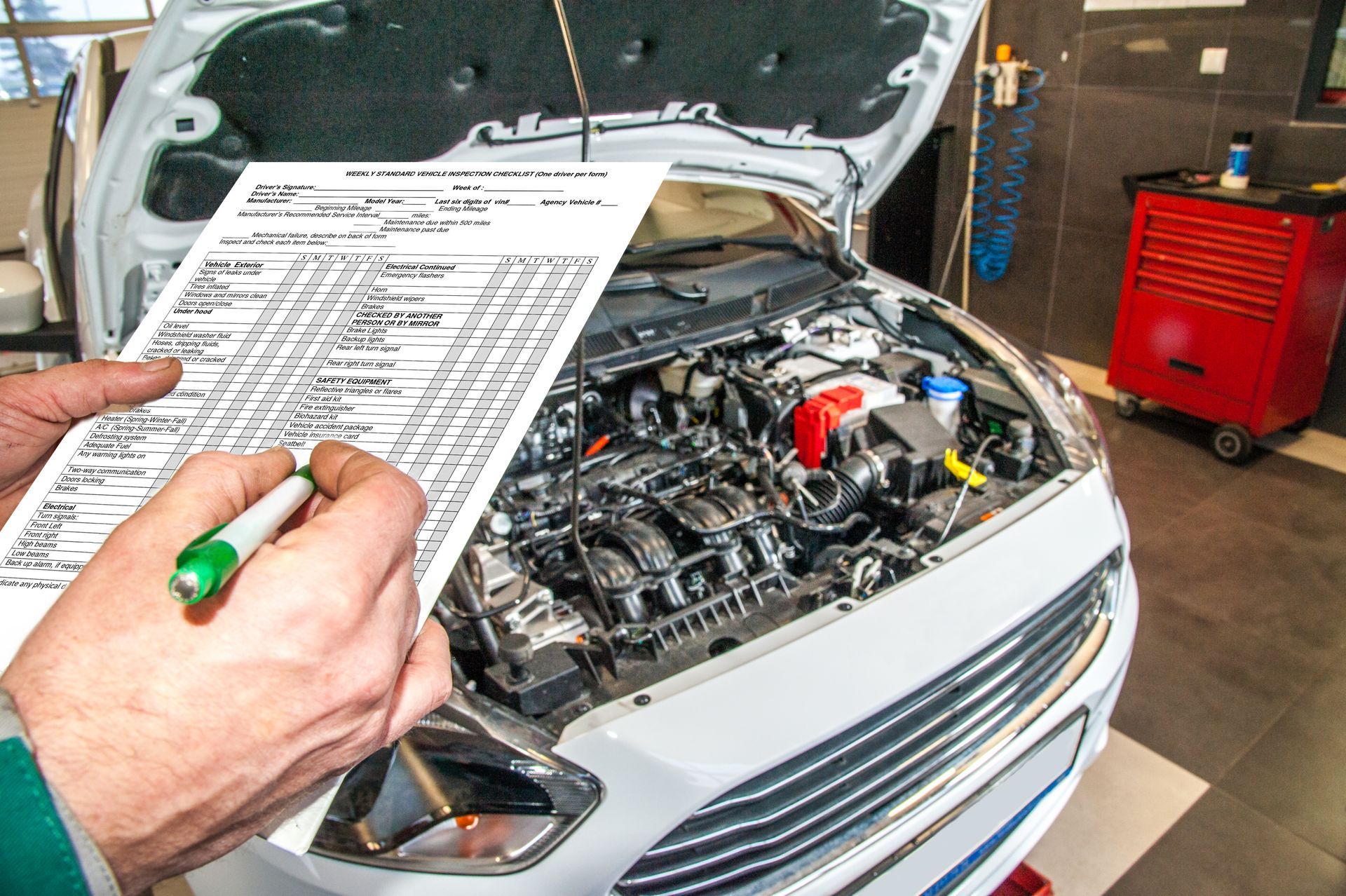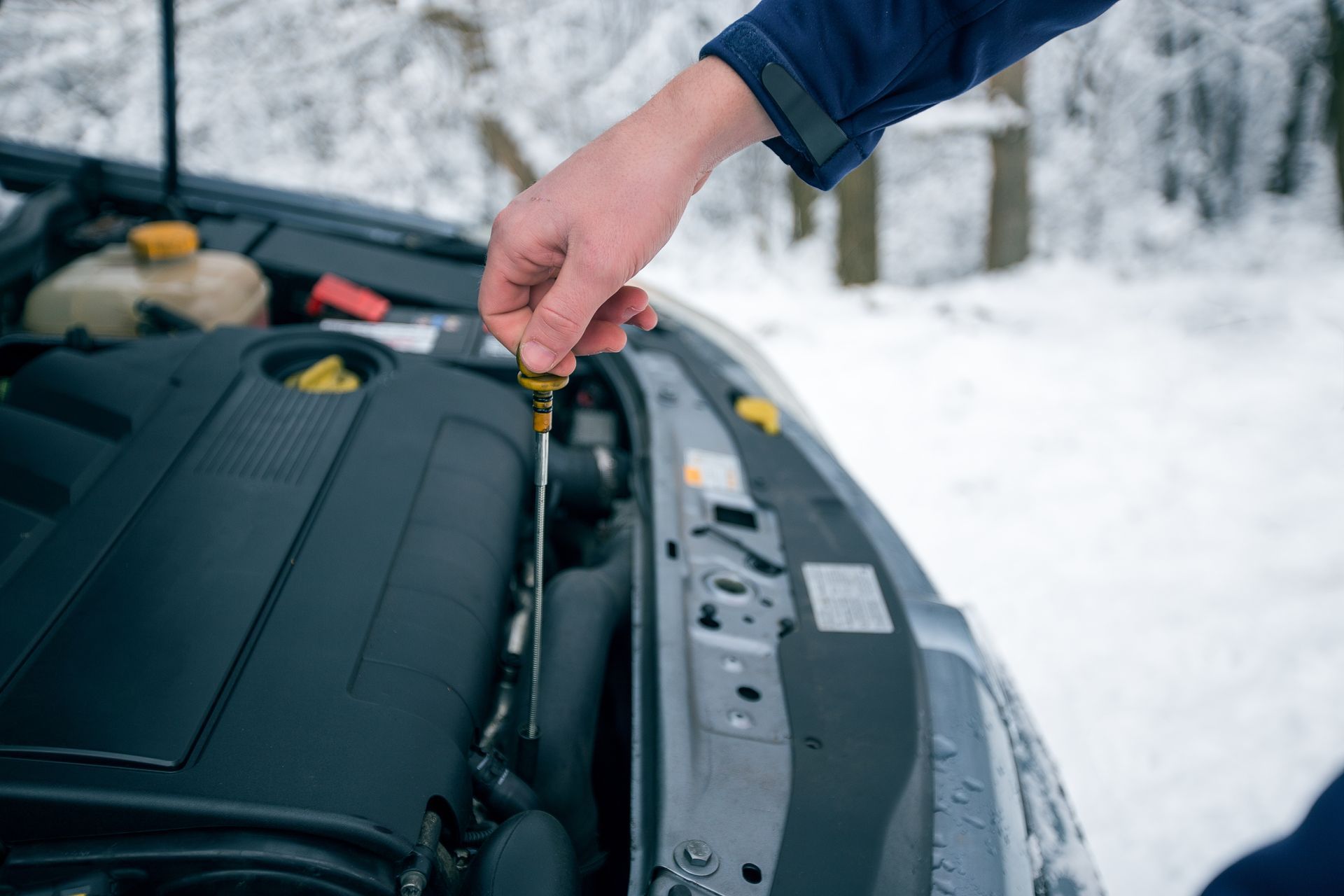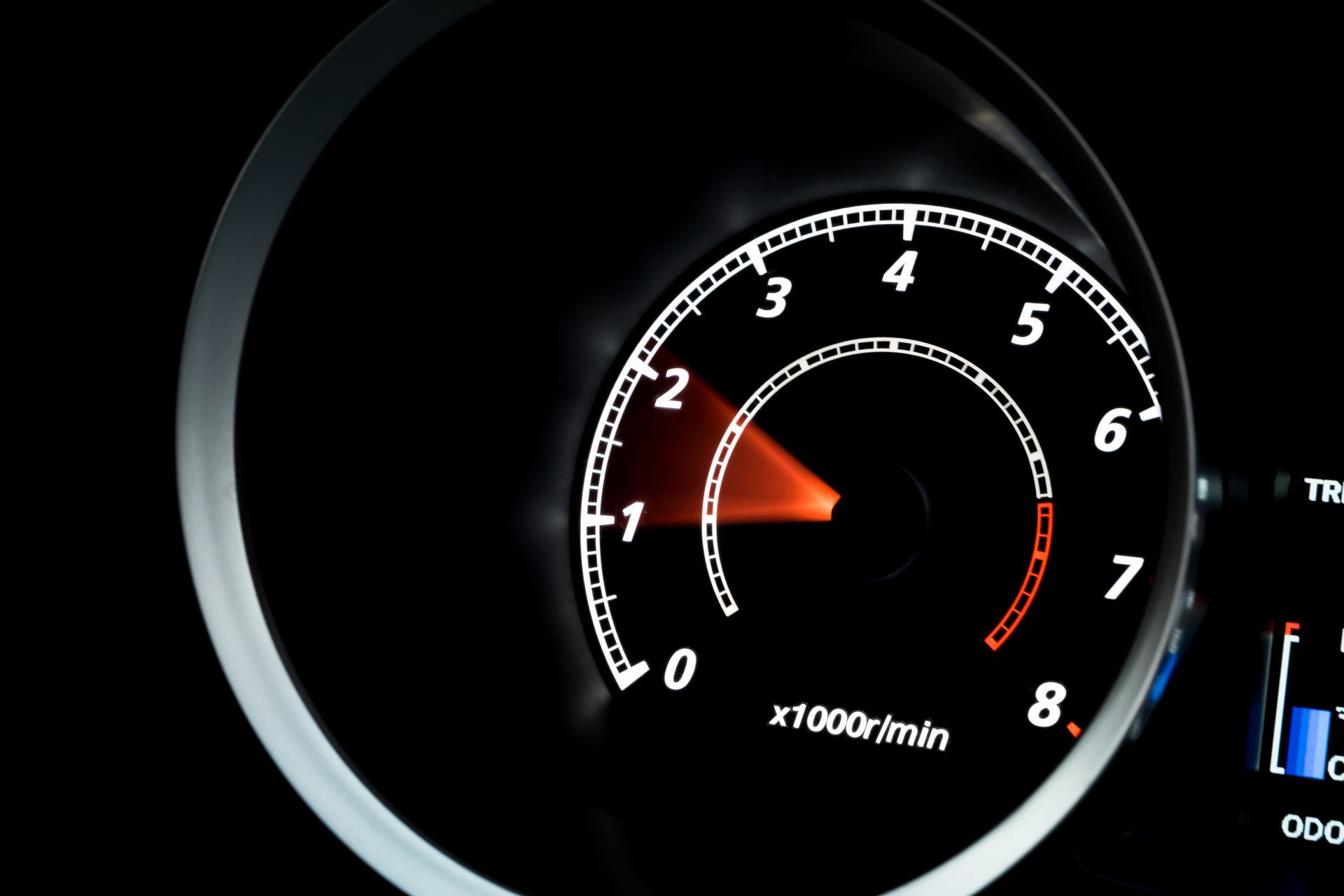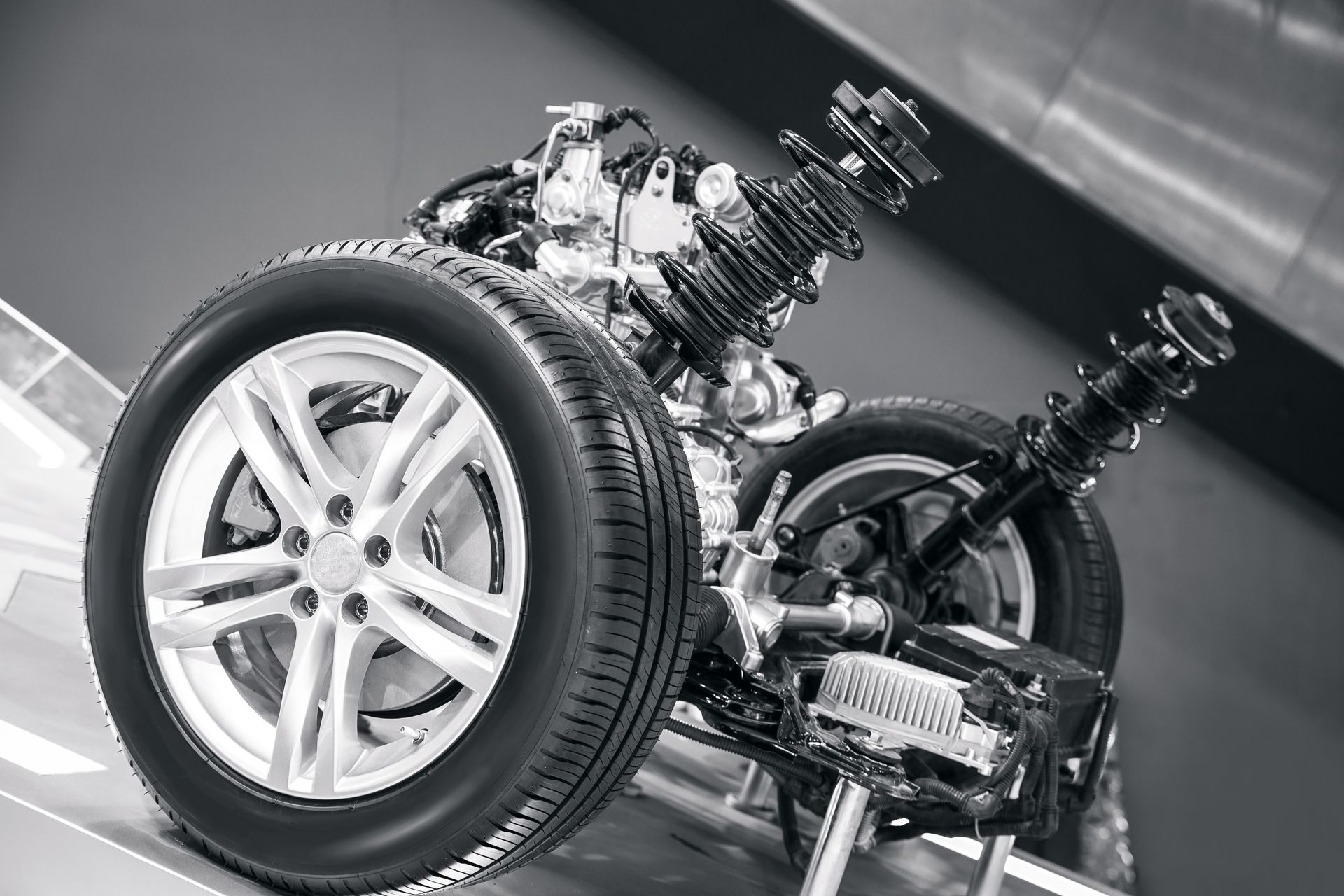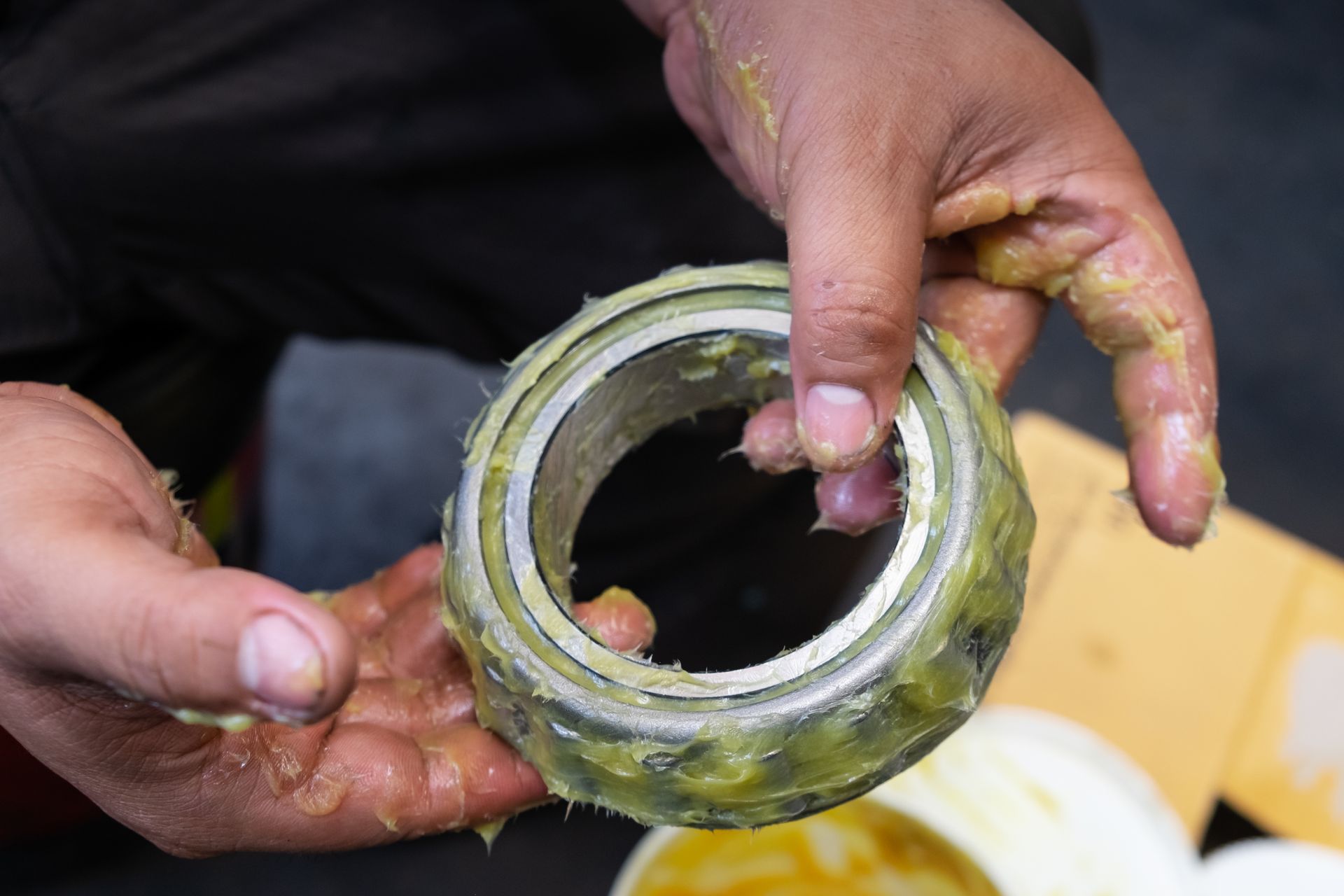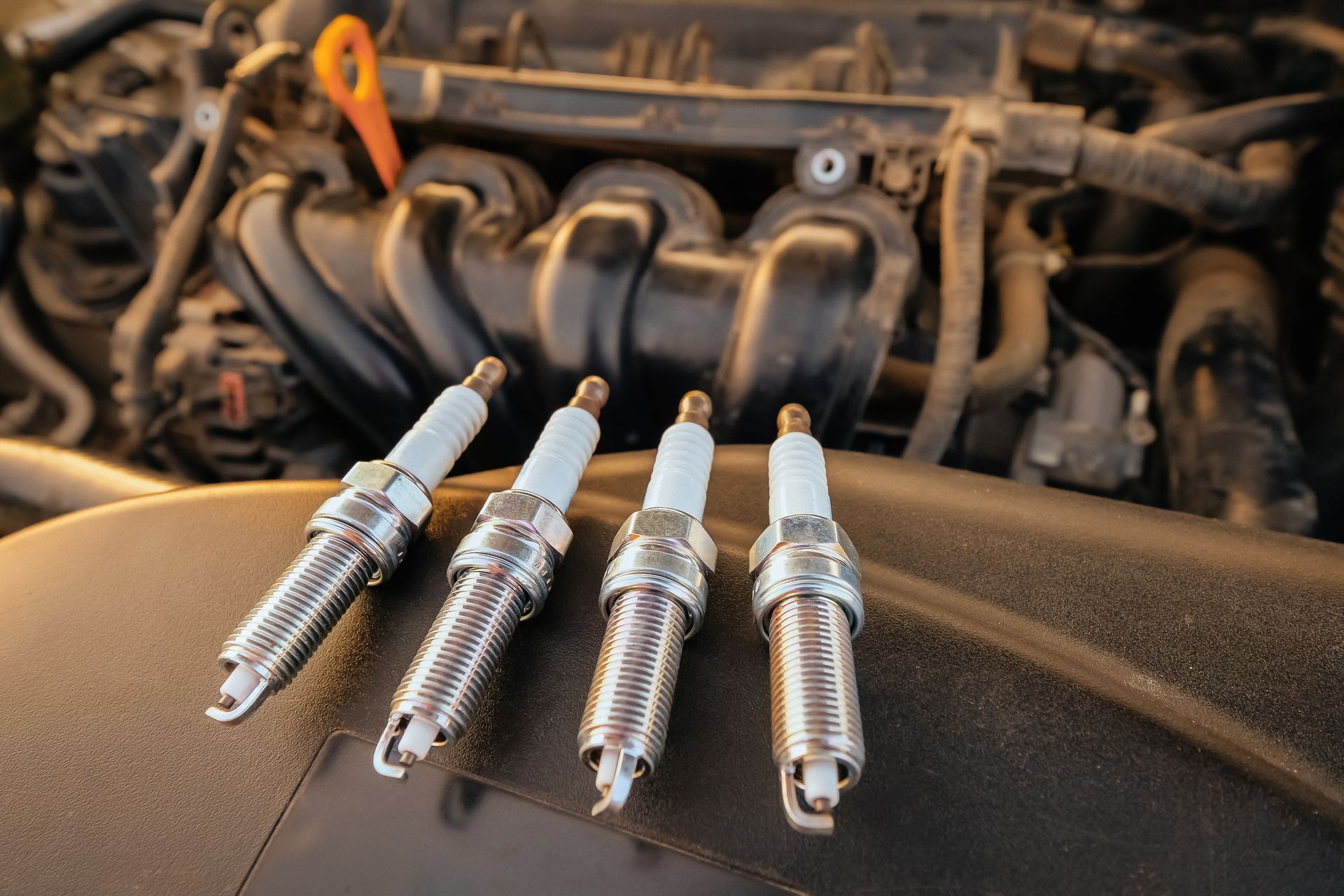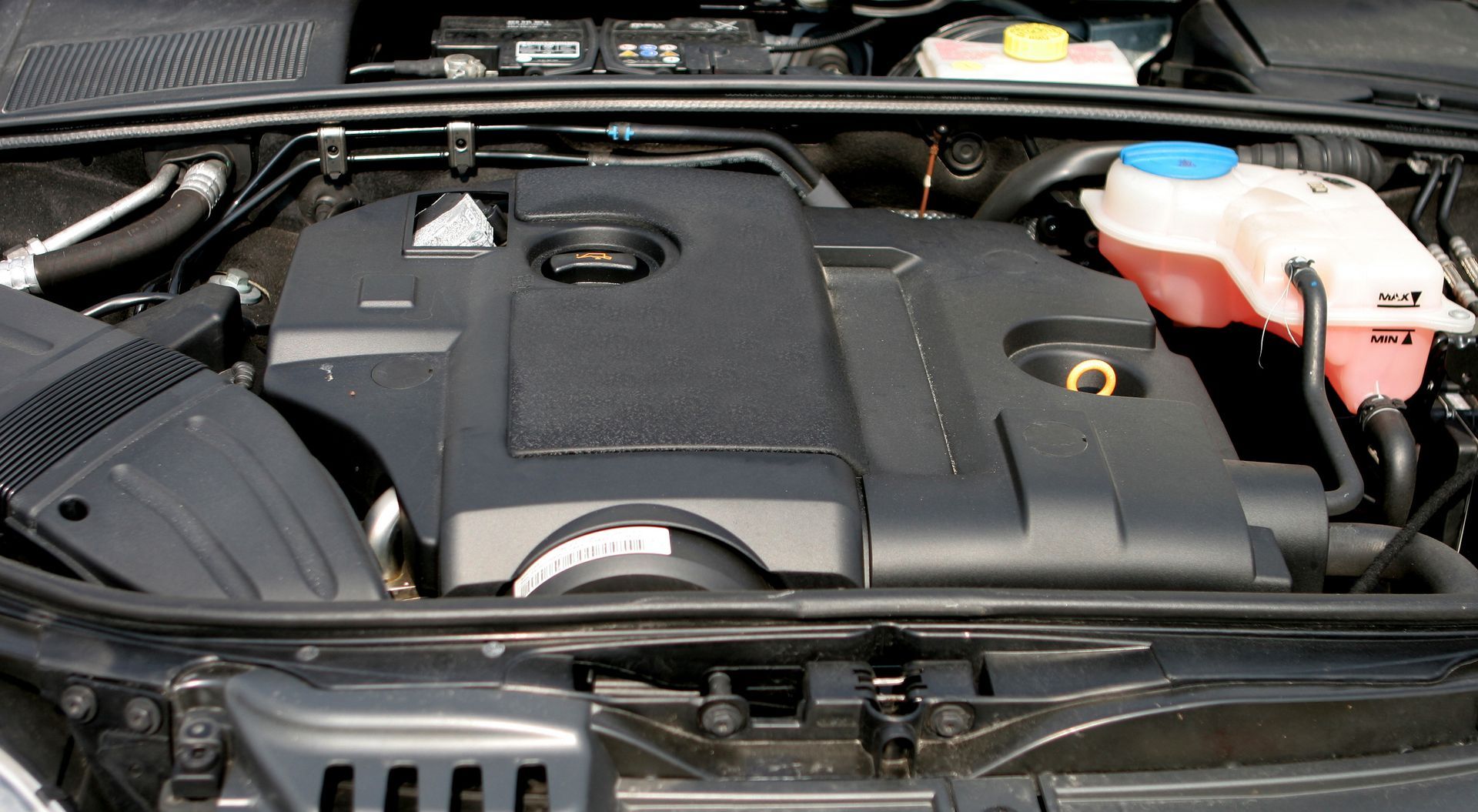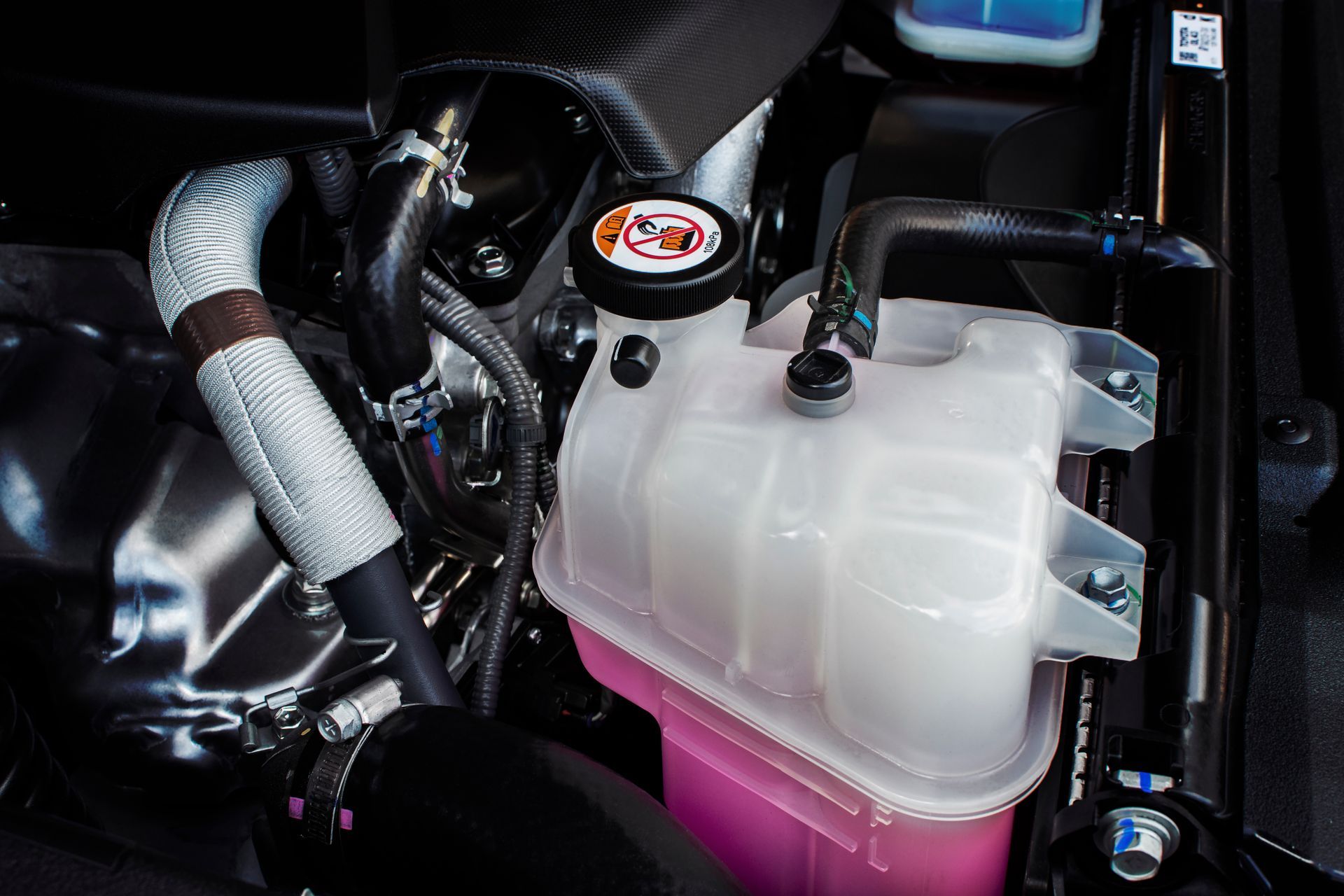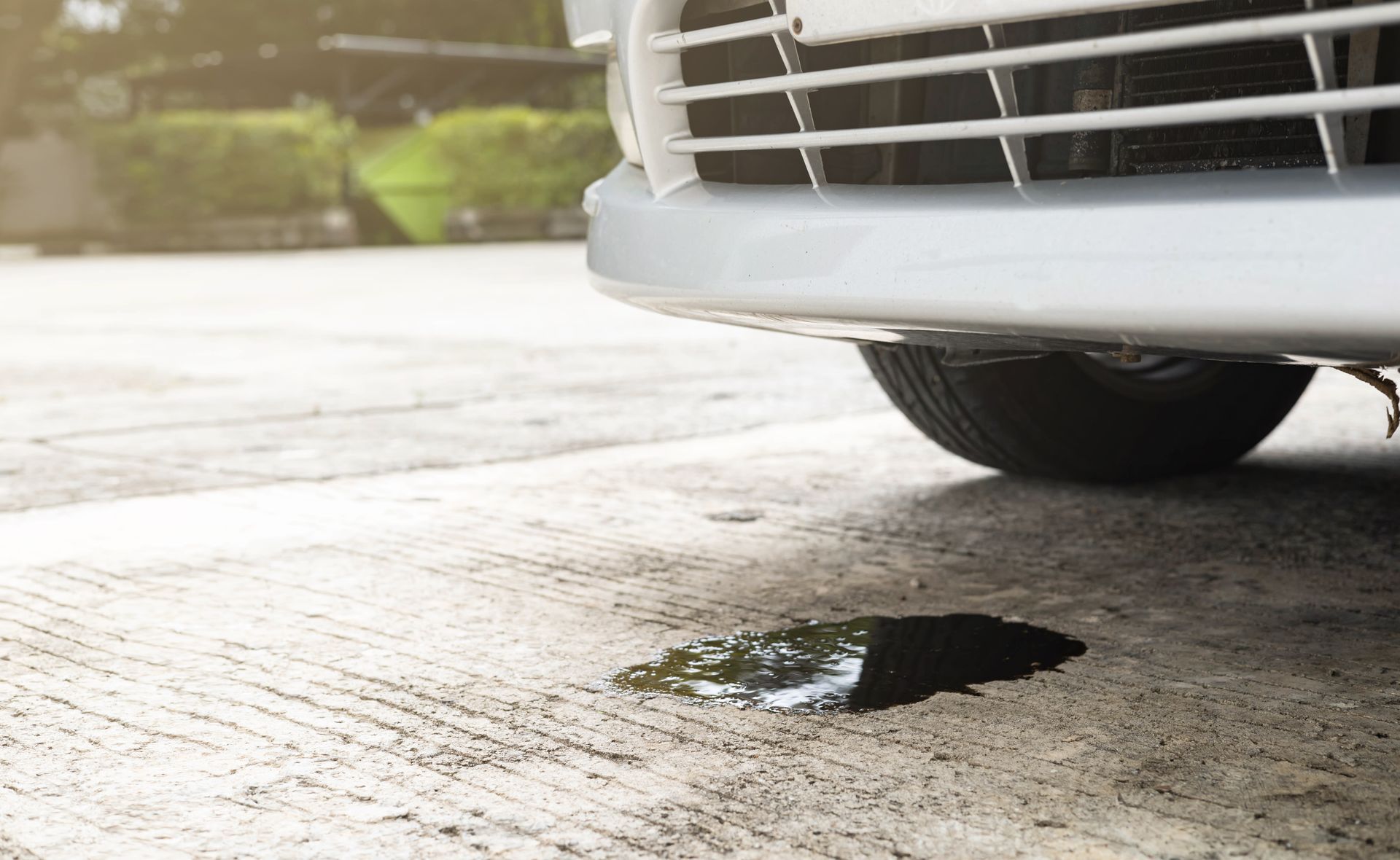Tires are essential for our vehicles, enduring countless miles and various road conditions. But what should you do when you encounter a tire issue? Should you repair it or replace it? Making the right decision is important for your safety and wallet. Here's a guide to help you navigate this common dilemma.
Tire Damage
Tires can suffer from various issues, including punctures, sidewall damage, and tread wear. Knowing the extent and type of damage will help you make an informed decision.
Assessing the Damage
1. Punctures and Penetrations
Punctures are one of the most common tire damages. They can occur from nails, screws, or other sharp objects on the road. The location and size of the puncture are critical factors. If the puncture is on the tread and is less than ¼ inch in diameter, it can often be repaired. However, punctures on the sidewall or larger than ¼ inch require a tire replacement.
2. Tread Wear
Tread wear is a natural part of a tire's life. However, uneven or excessive tread wear can indicate alignment issues or other problems. To determine if your tires need replacing, use the penny test: insert a penny into the tread with Lincoln's head upside down. If you can see the top of Lincoln's head, it's time to replace the tire. Even if the tread seems okay, uneven wear might suggest a deeper issue that needs addressing.
3. Sidewall Damage
Sidewall damage is a serious concern. This part of the tire is crucial for structural integrity. Any cuts, bubbles, or deep abrasions on the sidewall often mean the tire needs to be replaced. Sidewall repairs are generally not safe and could lead to a blowout.
Repair or Replace: Making the Decision
1. Age of the Tire
Even if your tire looks fine, age is a significant factor. Tires generally have a lifespan of 5 years. Check the manufacturing date on the tire's sidewall. If your tires are approaching this age range, it's safer to replace them rather than repair them.
2. Number of Repairs
If a tire has already been repaired multiple times, its structural integrity may be compromised. Multiple repairs can weaken the tire, making it prone to further damage. In such cases, replacement is often the better option to ensure safety.
3. Cost Considerations
While repairing a tire is often cheaper than replacing it, sometimes frequent repairs can add up. If you visit the repair shop frequently, investing in a new tire might be more cost-effective in the long run. Additionally, new tires come with warranties and provide peace of mind.
4. Matching Tire Conditions
If only one tire is damaged, consider the condition of the remaining tires. Replacing one tire when the others are significantly worn can affect the balance and handling of your vehicle. Ideally, tires should be replaced in pairs or sets to maintain even wear and optimal performance.
Benefits of Tire Repair
1. Cost-Effective Solution
Repairing a tire is significantly less expensive than replacing it. If the damage is minor and within repairable limits, this option can save you money while extending the life of your tire.
2. Quick Fix
Tire repairs, such as patching a small puncture, can be done quickly and get you back on the road in no time. This is especially convenient if you're in a hurry or on a budget.
Steps to Take When Deciding
1. Inspect the Tire
Start by thoroughly inspecting the tire. Look for visible damage like punctures, cuts, or uneven tread wear. Pay special attention to the sidewalls and tread depth.
2. Consult a Professional
If you're unsure about the severity of the damage, it's best to consult a professional. A reputable tire shop, such as Gibbon Tire and Auto, can provide an expert assessment and recommend the best course of action.
3. Consider Your Driving Habits
Your decision might also depend on your driving habits and conditions. If you frequently drive on rough terrain or long distances, investing in a new tire could be more beneficial. For occasional or short-distance driving, a repair might suffice.
When to Visit Gibbon Tire and Auto
We understand the importance of maintaining your vehicle's tires for safety and performance. If you're experiencing any tire issues, our team of experts is here to help. We provide thorough inspections and professional advice to ensure you make the best decision for your vehicle.
Stay ahead of tire issues. Book a tire
maintenance, repair, or replacement appointment at
Gibbon Tire and Auto now and enjoy a safer, more efficient ride.
